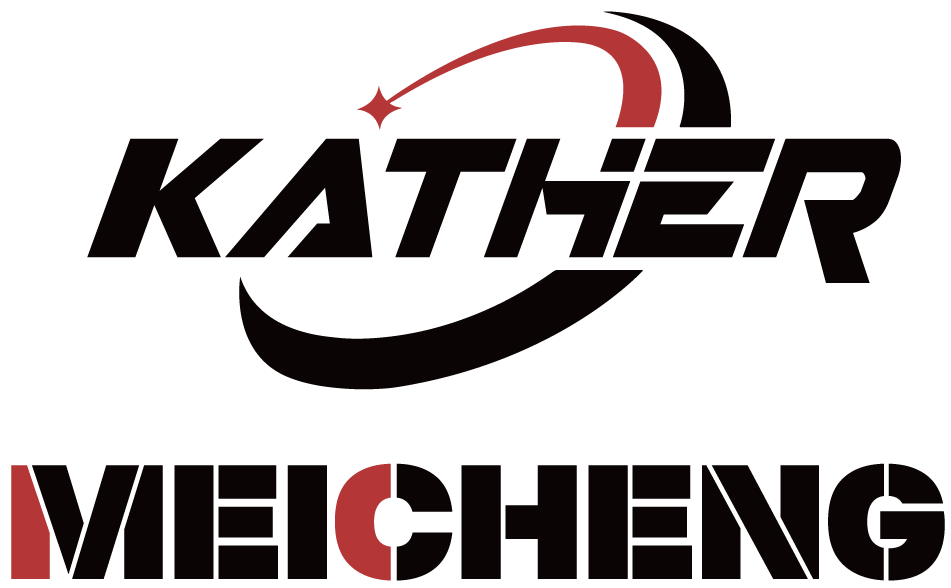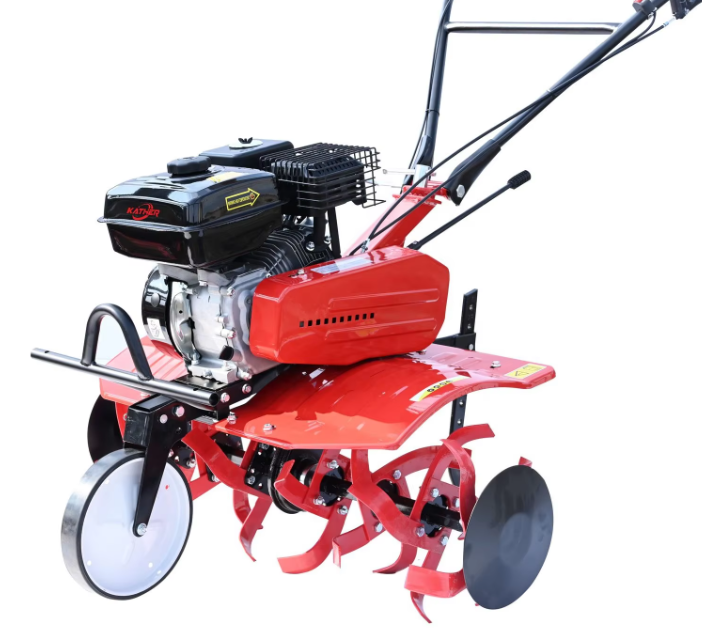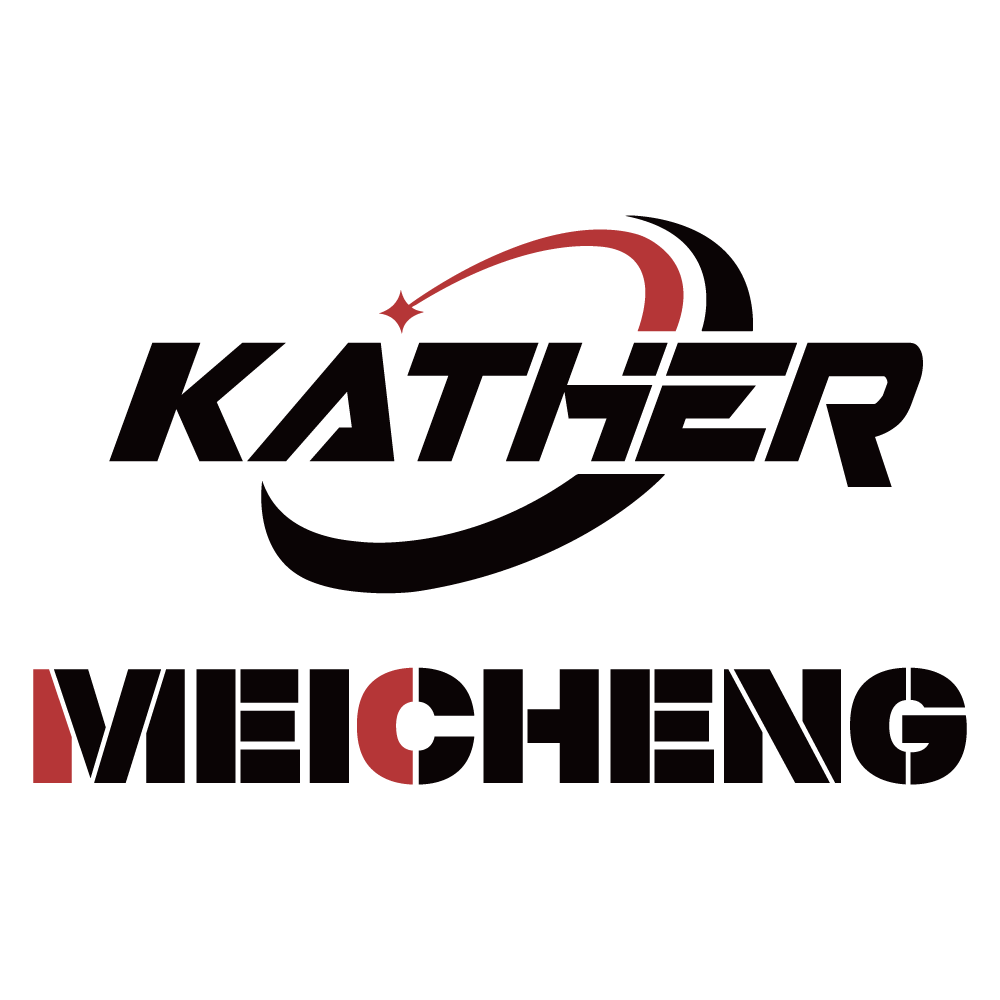The Essential Role of Cultivators in Modern Agriculture
Defining Modern Cultivators: Tools of Efficiency
Cultivators have become essential equipment for farmers who need to get their fields ready properly. What started as simple hand tools back in the day has transformed into complex machines that really boost how much land can be worked in a season. These newer models cut down on both money spent on workers and the hours needed to finish tasks across large farms. Take the adjustable parts on many modern cultivators for example they let growers tweak things based on what kind of dirt they're dealing with or what crops they plant. This flexibility makes all the difference when trying to aerate soil effectively and mix nutrients throughout the ground. Farmers know firsthand that good cultivation leads directly to healthier plants and better harvests, which explains why so many continue investing in updated versions despite the initial cost.
Key Benefits for Soil Health and Crop Yield
Soil health matters a lot for sustainable farming, and cultivators are pretty important in maintaining it. When farmers till the soil with cultivators, they actually improve the soil structure something that helps crops grow better. Good cultivator work creates a nice seedbed where seeds can sprout properly and develop strong roots. Studies show farms that use proper cultivation techniques tend to get better harvests. Take modern farms with newer equipment for instance these operations often report bigger yields compared to traditional methods. Cultivators also help keep the soil alive with all sorts of organisms and nutrients moving through the system. Healthy soil means healthier plants over time. That connection between good soil management and mechanical tools explains why so many farmers rely on cultivators to maintain both sustainability and productivity in their fields.
Technological Advancements Driving Efficient Farming
From Manual Tools to AI-Driven Smart Machinery
Moving away from old fashioned farming tools toward AI powered machines represents a big leap forward for how farms operate today. Traditional ways of farming have changed quite a bit lately, with many growers now using artificial intelligence to get better results while saving time and money. Smart algorithms actually help figure out when to plant crops and manage water distribution, adjusting automatically according to weather conditions and soil moisture levels. Take Macadamia Farm Management down under in Australia as an example. Their experience shows just how much difference AI can make on real working farms. According to their records, once they started using these smart systems, they could spot problems with pesticide application almost instantly. This meant less chemicals going into the ground and healthier soil overall. The impact of AI in farming continues to grow rapidly, helping streamline day to day tasks and making sure resources like water and fertilizers are used exactly where needed for optimal crop growth.

GPS and Sensor Integration for Precision Farming
GPS tech combined with various sensors has become really important for precise farming methods these days. With detailed maps and accurate location info, farmers can do their work much more precisely, putting resources exactly where crops need them. The sensors themselves gather all sorts of information about what's happening in the soil and how plants are doing, giving growers actual facts when they need to take action. Take Microsoft's FarmBeats system for example it uses those little internet connected sensors along with artificial intelligence to tell farmers what's going on underground with moisture levels and temperatures. This helps figure out when to water fields and when to plant seeds without guesswork. Putting all these gadgets together cuts down on wasted materials while boosting harvests because decisions come from real data instead of just experience. Drones with fancy cameras show another side of this tech mix. Farmers actually fly these over fields to check on plant health and spray fertilizers and pesticides only where needed. What we're seeing here is how GPS and sensor tech can completely change farming practices, making agriculture more efficient while still being good for the environment in the long run.
Sustainable Applications and Environmental Benefits
Cultivators in Regenerative Agriculture Systems
In regenerative farming, cultivators are pretty much essential for getting things right. The whole point of this method is about taking care of the soil first, keeping different species alive together, and managing land without burning it out. When farmers actually use cultivators properly, they're doing something amazing underground too. These machines help lock carbon into the dirt while making the soil richer over time. What happens then? Well, healthier soil means better conditions for all sorts of plants to grow and microbes to thrive. Looking at real world results from farms that switched to this system, most report bigger harvests after a few seasons. Plus, their fields seem to handle droughts and other weather extremes much better than conventional plots nearby.
Water Conservation and Erosion Control Techniques
Soil that's been cultivated actually holds onto moisture much better than untouched ground, so farmers don't have to water their fields as often. Keeping this moisture in the soil makes all the difference when it comes to saving water, especially important for regions where clean water is scarce. When people use cultivators properly, they're doing more than just turning over dirt. These tools help keep the soil from washing away by encouraging plants to grow thicker and managing how tight or loose the soil becomes. Some studies indicate that farms using good cultivation practices might cut down on water consumption by around 30 percent. Beyond just saving water though, taking care of the soil this way means crops will continue growing well year after year instead of losing productive land to erosion problems.
Cross-Disciplinary Innovations in Cultivator Design
Collaboration Between Agronomists and Engineers
When agronomists team up with engineers, they create better cultivator designs that really make farming more efficient. These mixed teams bring together knowledge about crops and mechanical know-how to build tools that actually work for real farmers on the ground. Take precision cultivators as one good example their development over time has improved soil aeration while helping roots grow deeper into the earth. What makes all this possible? Constant back and forth between field experts and machine builders. Without regular communication, nobody would spot those small tweaks needed when conditions change from season to season. The best designs come out of this give and take relationship, resulting in machines that aren't just fancy gadgets but practical solutions that boost productivity across farms everywhere.
Data Analytics and Machine Learning Applications
Modern cultivators are getting smarter thanks to data analytics and machine learning, giving farmers some pretty impressive tools to boost what they can produce from their fields. The tech looks at all sorts of farming information and gives back useful insights that help improve how these machines work. Take weather conditions, different kinds of soil, and how crops actually respond when grown. Farmers and equipment makers have been working together to create cultivators that adapt better to changing conditions without wasting time or resources. One big change we've seen recently is the addition of machine learning systems that figure out the best settings for cultivation based on past experiences. This means less water, fertilizer, and fuel going into each field while still getting great harvests. When smart data meets good old fashioned farming know-how, it creates something special in terms of efficiency across farms everywhere.
Implementing Cultivators: Logistics and Best Practices
Streamlining Customs Clearance with HS Codes
Harmonized System (HS) codes serve as the backbone for classifying goods across borders, especially important when moving cultivators and other farm equipment through international channels. Getting these classifications right makes all the difference for applying correct tariffs and getting past customs without unnecessary holdups. Farmers who want to bring in foreign cultivators need to know their way around HS codes to keep things moving smoothly. A good rule of thumb? Double check what category each piece falls into before shipping, and have every document ready from invoices to packing lists. Spending time upfront researching which HS codes apply specifically to agricultural gear in different countries pays off big time down the road. Not only does this prevent costly mistakes at border crossings, but it actually increases chances that deals will go through without complications.
Partnering with Licensed Brokers for Seamless Shipping
Working through licensed brokers brings real benefits for anyone buying cultivators. These folks know the ropes when it comes to getting equipment from point A to B without headaches. They handle all the paperwork and coordination so farmers don't have to worry about delays or damaged goods during transport. Looking for shipping partners? Focus on companies that actually have experience in agricultural equipment transportation and proper certifications from recognized authorities. Good communication matters too many times we've seen problems arise simply because someone wasn't kept in the loop about shipment status. Farmers who partner with established brokers tend to get their machines delivered right on schedule most of the time. This makes a world of difference during planting seasons when every day counts. We've watched farm operations run smoother after switching to trusted brokers who understand both the technical specs of cultivators and the realities of rural delivery routes.
Overcoming Challenges and Future Outlook
Addressing High Initial Investment Costs
Buying advanced cultivators puts a real strain on farm budgets. Upfront prices run pretty high, particularly for those fancy new models touting all sorts of efficiency boosts and higher yields. But there's help out there too. Many governments offer补贴 programs and special loans aimed at getting farmers access to better tech. Some folks who've made the switch report seeing their money back eventually through better crop output and lower day-to-day operating costs. Still, it takes time for these savings to materialize, so timing matters a lot. Farmers thinking about upgrading need to crunch the numbers carefully and consider how long they'll stay on the land before making such a big financial commitment.
Solar-Powered and Autonomous Cultivator Trends
New developments in solar powered cultivators and self-driving farm tech are changing how farmers approach their work. These solar machines cut down on electricity bills while providing green alternatives for growers concerned about sustainability. On the other side of things, autonomous farming tech boosts efficiency across fields, cutting down on manual labor expenses and those costly mistakes humans sometimes make. According to recent reports from agricultural experts, these kinds of tech will likely become standard equipment for most farms within the next decade. The financial advantages are clear, but there's something bigger happening too - these tools help push forward the whole concept of sustainable farming methods. Looking at what's coming next, it seems pretty obvious that modern agriculture is moving toward solutions that mix high output with responsible land management practices.
Frequently Asked Questions About Cultivators
How Cultivators Reduce Environmental Impact
Cultivators cut down on the environmental damage caused by old school farming methods quite a bit. These modern machines come equipped with smart tech that cuts back on how much fertilizer and pesticide farmers actually need to spray around, so less chemicals end up polluting our soils and waterways. Studies show farms using these tools tend to see their soil compacting less over time. Healthier soil means better harvests overall and farming that can last longer into the future. What's more, cultivators push for sustainable approaches like no-till farming techniques that keep the soil structure intact while also supporting all sorts of tiny creatures living underground. Farmers who switch to these systems often find themselves looking after their land differently, thinking about long term impacts rather than just short term gains from each planting season.
Choosing the Right Technology for Small-Scale Farms
Picking the right cultivator tech matters a lot for small farms wanting to get more out of their land without breaking the bank. Most small operations need machinery that works well but doesn't cost an arm and a leg either. Finding something that won't drain cash reserves yet still helps grow better crops is tricky business. A bunch of folks running smaller plots swear by newer cultivators after trying them out. They talk about how these machines cut down on work time and produce nicer looking vegetables too. Some growers even mention being able to harvest twice as much stuff from the same patch of ground when they got smart about what tools they bought. That kind of payoff makes all the research worthwhile for many small scale farmers looking to stretch every dollar spent on equipment.
Table of Contents
- The Essential Role of Cultivators in Modern Agriculture
- Technological Advancements Driving Efficient Farming
- Sustainable Applications and Environmental Benefits
- Cross-Disciplinary Innovations in Cultivator Design
- Implementing Cultivators: Logistics and Best Practices
- Overcoming Challenges and Future Outlook
- Frequently Asked Questions About Cultivators







